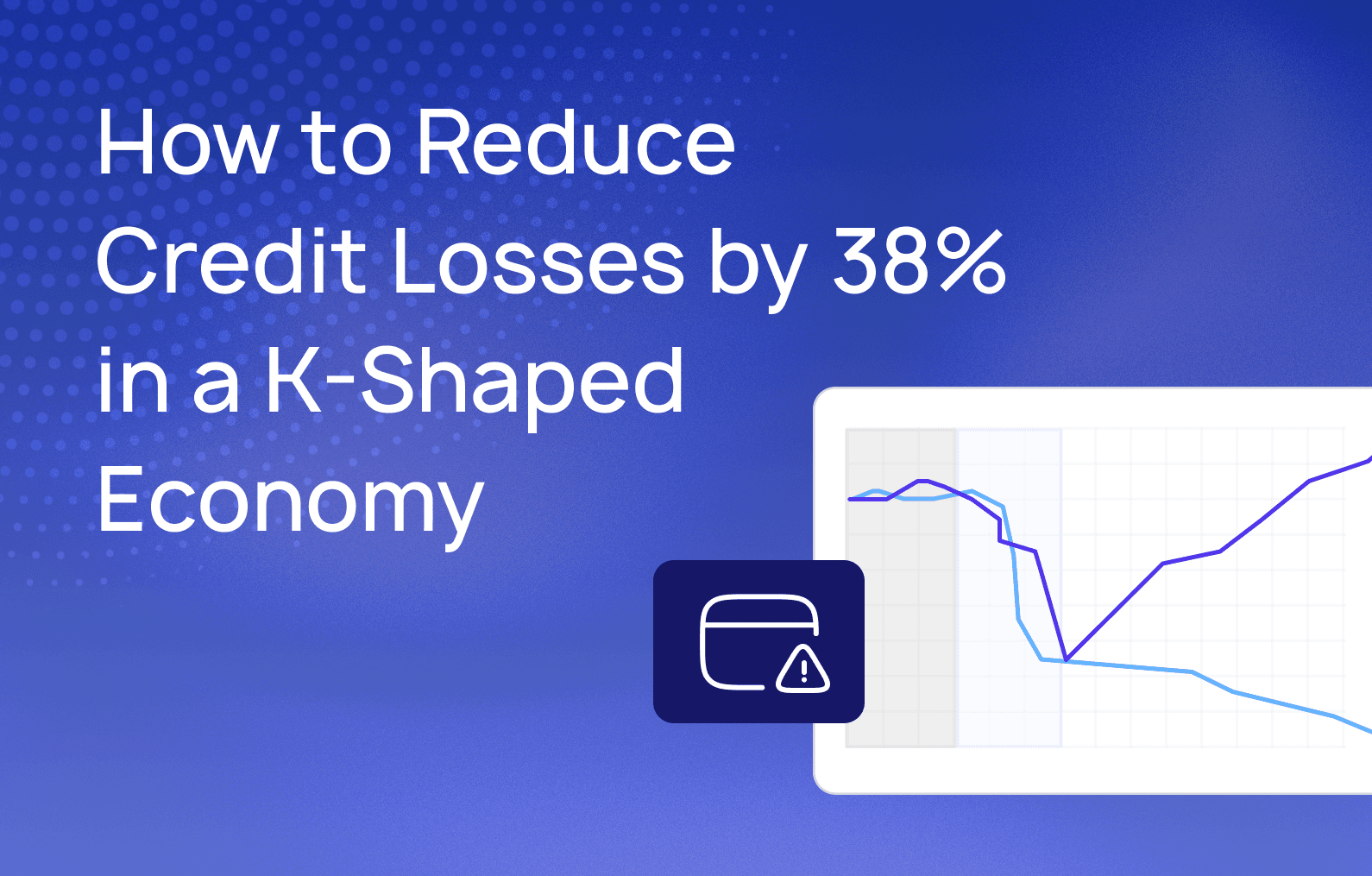Compliance & Fintech News — December
This is LoanPro’s Compliance & Fintech Newsletter, bringing you news from across the industry with a focus on compliance. New editions will be posted monthly.
LoanPro Compliance Spotlight
Have you ever had to scramble to make sure a loan is Military Lending Act compliant? LoanPro’s Comprehensive Loan Recasting allows you to ensure your loans meet the interest rate and payment requirements of the MLA, even after the fact.
Compliance Actions & Changes in the Industry
- EWA providers should be on the lookout as CFPB expresses approval of California’s proposed rule to clarify regulations around earned wage access products and other “income-based” advances. Said income-based advances would be treated as loans, with associated fees considered charges under the rule. The CFPB also states its intention to issue further guidance on the application of TILA and Reg Z to these products.
- After a majority vote to repeal the CFPB’s small-business data collection rule in both the Senate and the House, it is anticipated that President Biden has vetoed the repeal.
- The Office of the Comptroller of the Currency (OCC) has released guidance for Buy Now, Pay Later (BNPL) lenders meant to reduce risk to both lenders and borrowers and increase compliance.
- Atlantic Union Bank to refund $5 million dollars in illegal overdraft fees after misleading thousands of customers into enrolling in overdraft programs without providing proper disclosures. $1.2 million is to be paid in penalty to the CFPB victim relief fund.
- The CFPB is anticipated to take action on regulation that will affect banks’ abilities to charge overdraft fees.
- According to the CEO of JPMorgan Chase, and other CEOs of America’s largest banks, the capital hike proposed by the Basel III rule would make services so uneconomical that banks would either stop offering certain products or charge more for them.
- The CFPB is in the process of suing MoneyLion for alleged violations of the Military Lending Act (MLA), but has been granted its request for a pause until the Supreme Court has ruled on the CFPB’s funding structure.
- Dick Durbin, the Senate Majority Whip, took to the floor on the 7th of December to press for a vote on the Credit Card Competition Act proposal, which he co-sponsors with Kansas Republican Roger Marshall, and pushed back against claims by United Airlines CEO that the CCCA would “kill frequent flier programs.”
- The Electronic Payments Coalition is poised to fight the Credit Card Competition Act with full funding in the new year.
- Commonwealth Financial Systems, a medical debt collector, has been ordered by the CFPB to cease operations and pay a $95,000 penalty to the CFPB’s victims relief fund due to a failure to inform CRAs of disputed information and conduct reasonable investigations into disputed debts.
- U.S. Bank is to pay almost $21 million for preventing access to unemployment benefits during the COVID-19 pandemic, freezing thousands of accounts without a reliable and quick way to regain access, and failing to provide provisional account credits while investigating potentially unauthorized transfers.
- According to a recently issued CFPB report, many college-sponsored student loan products have worse terms and higher fees than typical market products.
- The CFPB has found that many consumers are being hit with unexpected overdraft and NSF fees despite recent changes by banks and credit unions.
- With the CFPB’s final rule on late fees expected in the beginning of the new year, card issuers like Bread Financial and Synchrony are exploring their options to offset the upcoming late fee cap.
- Rohit Chopra, Director of the CFPB, has warned regulators to be aware of risks posed by the role of technology in the financial system.
- Senator Jack Reed and several other Democrats on the Senate have introduced the Predatory Lending Elimination Act, which would extend the Military Lending Act’s 36% interest rate cap to consumer loans for all borrowers.
- The CFPB is being urged to turn their attention to required arbitration in financial products and services.
- The OCC has published its Fall 2023 Semiannual Risk Perspective, covering key issues such as fintech partnerships and other compliance and operational risks.
- Colony Ridge, a developer and lender, is being sued by the CFPB and the Justice Department for predatory financing and bait-and-switch land sales.
Fintech News
- Wise, a London-based cross-border payments company, is working to offer cheaper and faster online cross-border payments services to consumers and small businesses—and targeting U.S. banks to make it happen.
- Discover Financial Services is considering a sale of their student loans portfolio.
- With Apple’s credit card partnership with Goldman Sachs coming to a close, the jury is out on who could potentially replace them. According to analysts, Amex seems the likely choice.
- Primax has come out with their 2023 Primax Payments Pulse Study, which explores consumer behavior and influencing factors for their choices in payment methods.
- Lineage bank in Tennessee has some drama unfolding as shareholders attempt to oust the current board of directors, including CEO Richard Herrington and his son, President and COO Kevin Herrington, over the alleged deteriorating condition of the bank.
- According to Alex Johnson, founder of Fintech Takes, “banks that want to win BaaS tomorrow are investing in compliance today.” There are two viable models for banks that are investing in compliance: Compliance-as-a-Service and Bank-as-a-Regulator.
- Banked, a fintech founded in the U.K., is building operations in the U.S. to offer its pay-by-bank services in the U.S. market in the next year, and are looking to add U.S. bank partners.
- The CFPB’s Fall 2023 rulemaking agenda has been released. Some notable areas of focus include: a final rule on credit card late fees, proposed rules on overdraft and non-sufficient funds (NSF) fees, a registry of nonbanks subject to enforcement order, and a registry of nonbanks regarding contract terms and conditions.
- People love the convenience offered by fintech providers, but have greater trust in historically reliable banks. They can have the best of both worlds with the products of bank and fintech partnerships.
- Statistics show that BNPL remains a popular loan type among consumers, whether it be for its accessibility or for the effect on their credit.
- More than 50% of Americans have incurred an overdraft fee in the past 12 months, which can lead to credit accessibility issues, damaged credit scores, uncovered charges, and accumulated fees.
- The relationship between banks and fintechs has grown and evolved in the past ten years, and Visa has released a study on the big push for mutually beneficial partnerships in recent times.
- Cross River Bank is supporting Best Egg with a $150 million credit facility to strengthen their flexible rent product.
- Discover Financial Services has spent nearly $500 million on compliance and risk management for the year. They anticipate matching, or even exceeding that number in 2024.
- Spade, a fintech focused on solving the problem of credit card fraud, and January Technologies, Inc., focused on debt recovery, have recently raised a series A and a series B round of funding, respectively.
- Google has joined up with Affirm and Zip to jump on the BNPL bandwagon and will begin offering installment payment options in the new year.
- Walmart and Affirm are expanding their partnership in order to offer BNPL options at checkout.
- In the B2B space, the use of technology and automation to streamline workflows is becoming more and more sought after.
- Citigroup, one of the key players in the distressed-debt market, is leaving the business.
- Mercury, a startup banking platform, has filed an emergency lawsuit against Synapse in an attempt to recover $30 million, citing its belief that “Synapse is collapsing.” Synapse CEO is of the opinion that Mercury’s claims are “knowingly meritless.”
- Shaunt Sarkissian, founder and CEO at AI-ID, believes that instant payments offer more opportunities for business and B2B transactions than anyone else, but could lead to increased revenue for all financial institutions if they play their cards right.
- Visa is seeking regulatory approval to purchase a majority stake in Prosa, a Mexico payment processor.
- Users of the FedNow instant payments system are concerned about the potential for fraud.
- Visa recently announced that it would be expanding its Fintech Fast Track program, which allows fintechs in the program to connect with Visa Direct, its real-time money movement product.
- Fintech partnerships with banks are on the rise due to the profitability of curbed costs and potential to fuel growth.
That’s it for December’s Compliance & Fintech news stories. Look out for future issues of LoanPro’s Compliance & Fintech Newsletter at the end of each month.




